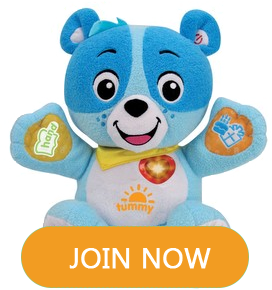Why Join VTech Club?
Joining is free, fast and full of great benefits, such as:
- Promotions and offers
- Monthly £1,000 prize draw*
- Regular competitions
- Special offers for our members
Added benefits
- Register your VTech products
- Apply to be a Product Tester
-
Shop
AgeBaby MonitorsBy BrandMore Ways To Shop
- Brands
-
Downloads
Learning LodgeLearning Lodge AppsIOS AppsAndroid AppsDigiart
-
Parents
VTech Club Sign-up
- Customer Support
Consumer ServicesAbout VTechFirmware UpdatesContact Us - Customer Support
Shop
Age
Baby Monitors
By Brand
More Ways To Shop
Brands
Downloads
Learning Lodge
Learning Lodge Apps
IOS Apps
Android Apps
Digiart
Parents
VTech Club Sign-up
Parenting
Community
Customer Support
Consumer Services
About VTech
Tutorials
Firmware Updates
Contact Us

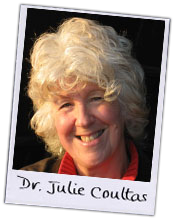
By
Dr. Julie Coultas
When babies and young children are awake, it is rare to see them sitting completely still. Movement is important not just for physical development, but also in the development of social and cognitive skills.
Babies show a positive response to action play from an early age; I recently watched my six-month-old grandson’s face light up as he was hoisted high into the air. Babies enjoy the feeling of movement whether it is through their own efforts – perhaps by kicking and waving their arms - or by being carried, rocked or jiggled up and down. The varying sensations experienced through motion are the first forms of both solitary and social play. Children also learn self-control through play, by controlling their own actions and also by developing an understanding of the need to be sensitive to other’s gestures and movements.
As VTech’s developmental expert at The Baby Show, I am often asked questions about babies’ physical development. One of the most frequent concerns of parents and guardians is that their baby is not walking, whilst other babies of the same age are already pottering around. There is a great deal of variation in the onset of walking, with most babies taking to their feet between the ages of nine and seventeen months. Parents are often reassured when they realise that it is normal for babies to develop at different speeds.
Social and environmental factors also influence when a baby starts to walk. Remember: late walking development is not a sign of a slow developer! If a baby is not pottering about, you can guarantee they are engaging with the world in other ways, and it is often the case that babies who sit rather than walk are busy sharpening their language and social skills.
A few years ago, concerned parents at The Baby Show brought their 15 month old girl to me. She was showing no signs of walking, but appeared very social; smiling and pointing, but obviously happy to sit and play. I noticed that when this little girl sat and pointed at toys that she wanted, they were immediately given to her by her doting older sister. This suggested that she did not, perhaps, have a strong motivation to walk as everything was made available to her. So while the majority of children are walking well before their second birthday, this little girl needed a little more encouragement to take her first step.
As we know, play and movement begins with babies rhythmically kicking their legs and waving their arms. Babies will repeat the same movement over and over again, and such repetition is important for development. By the time toddlers are two years old, they can run as well as walk. Repetition continues to be an integral part of the play routine, and you will see toddlers racing round and round a room or pushing a toy up and down repeatedly. Children gain a great deal of pleasure from repeating patterns of actions and this is all part of their learning process.
Play during the second and third year of a child’s life is a more social activity. Children will still play on their own, but they are also more watchful and will often start to play alongside other children. Progressively, play becomes a social and cooperative activity. An interesting example of cooperative action play is when children engage in rough and tumble. To an observer, it may look as if children are behaving too roughly towards each other, but play-fighting has a long history in human development. Interestingly, rough and tumble play has been shown to be yet another way that children develop social skills. Children have even been shown to be able to differentiate between a play-fight expression and a genuinely angry expression on another child’s face.
Parents, too, have a powerful influence over how their babies will respond to the world as they get older. Babies are being prepared for the social world of rough and tumble when they see the playful expressions on their parent’s face as they are hoisted up into the air and then down again. Play and movement comes naturally to babies and children, but how we develop confidence and motivation in our play can be learned.
Babies show a positive response to action play from an early age; I recently watched my six-month-old grandson’s face light up as he was hoisted high into the air. Babies enjoy the feeling of movement whether it is through their own efforts – perhaps by kicking and waving their arms - or by being carried, rocked or jiggled up and down. The varying sensations experienced through motion are the first forms of both solitary and social play. Children also learn self-control through play, by controlling their own actions and also by developing an understanding of the need to be sensitive to other’s gestures and movements.
As VTech’s developmental expert at The Baby Show, I am often asked questions about babies’ physical development. One of the most frequent concerns of parents and guardians is that their baby is not walking, whilst other babies of the same age are already pottering around. There is a great deal of variation in the onset of walking, with most babies taking to their feet between the ages of nine and seventeen months. Parents are often reassured when they realise that it is normal for babies to develop at different speeds.
Social and environmental factors also influence when a baby starts to walk. Remember: late walking development is not a sign of a slow developer! If a baby is not pottering about, you can guarantee they are engaging with the world in other ways, and it is often the case that babies who sit rather than walk are busy sharpening their language and social skills.
A few years ago, concerned parents at The Baby Show brought their 15 month old girl to me. She was showing no signs of walking, but appeared very social; smiling and pointing, but obviously happy to sit and play. I noticed that when this little girl sat and pointed at toys that she wanted, they were immediately given to her by her doting older sister. This suggested that she did not, perhaps, have a strong motivation to walk as everything was made available to her. So while the majority of children are walking well before their second birthday, this little girl needed a little more encouragement to take her first step.
As we know, play and movement begins with babies rhythmically kicking their legs and waving their arms. Babies will repeat the same movement over and over again, and such repetition is important for development. By the time toddlers are two years old, they can run as well as walk. Repetition continues to be an integral part of the play routine, and you will see toddlers racing round and round a room or pushing a toy up and down repeatedly. Children gain a great deal of pleasure from repeating patterns of actions and this is all part of their learning process.
Play during the second and third year of a child’s life is a more social activity. Children will still play on their own, but they are also more watchful and will often start to play alongside other children. Progressively, play becomes a social and cooperative activity. An interesting example of cooperative action play is when children engage in rough and tumble. To an observer, it may look as if children are behaving too roughly towards each other, but play-fighting has a long history in human development. Interestingly, rough and tumble play has been shown to be yet another way that children develop social skills. Children have even been shown to be able to differentiate between a play-fight expression and a genuinely angry expression on another child’s face.
Parents, too, have a powerful influence over how their babies will respond to the world as they get older. Babies are being prepared for the social world of rough and tumble when they see the playful expressions on their parent’s face as they are hoisted up into the air and then down again. Play and movement comes naturally to babies and children, but how we develop confidence and motivation in our play can be learned.
Browse Popular Topics
Quick Links
- Customer Support
- Learning Lodge on
macOS 10.15 - FAQs
- Contact Us
- Product Safety Message
- Privacy Policy
- Cookie Statement
- Vulnerability Disclosure Policy
- Delivery Detail
- Website Terms & Conditions
- Learning Lodge Terms & Conditions
- Kid Connect and KidiConnect Terms and Conditions
- eWaste & Battery Recycling
- Product Warranty
- Returns Policy
- Modern Slavery Statement
- Right to Erasure Request Form
- Site Map
- About VTech
- Expert Panel
- Careers
- Sustainability
- Tax Strategy
- Climate Positive Workforce
- VTech Global
- VTech Canada
- VTech US
- VTech Phones

©2025 VTech Electronics, All Rights Reserved.



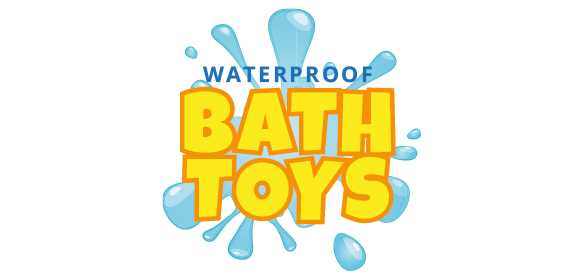
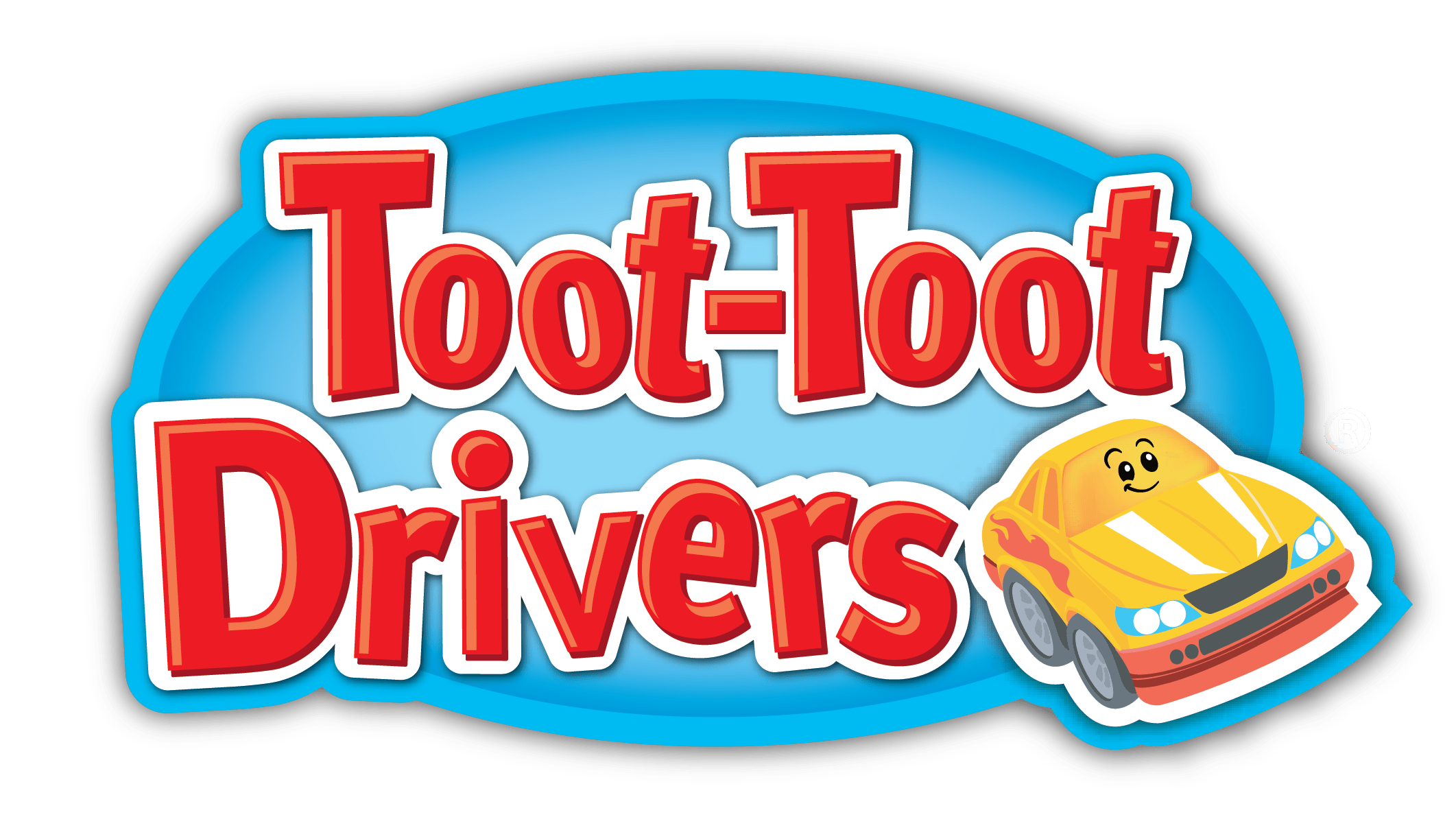





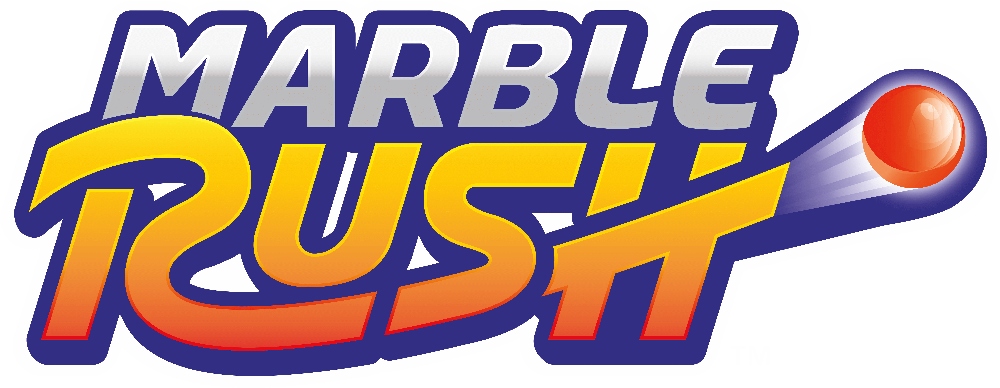
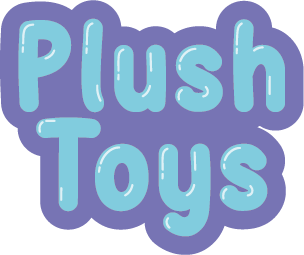

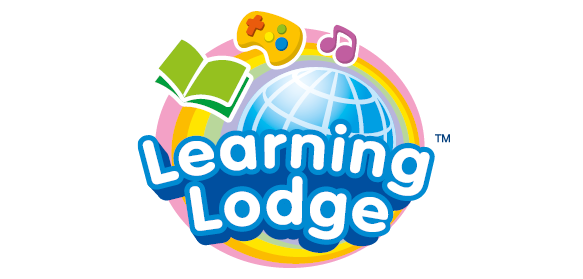 Download
Download




